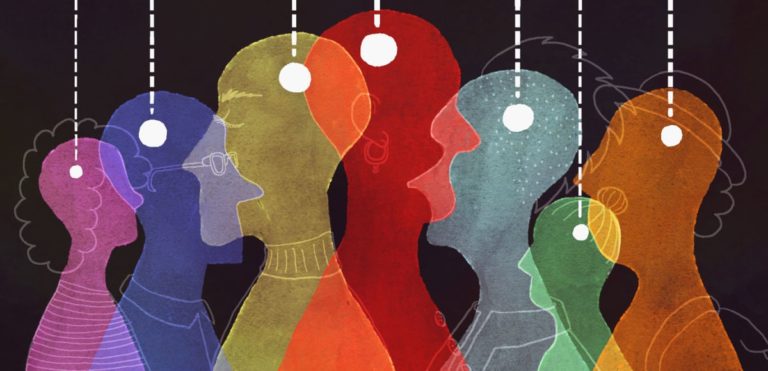We live in an age of apologies where politicians and priests routinely profess regret for predecessors long dead and actions long since expired. On one level, it can be seen as a laudable feature of open, liberal societies. We encourage questioning of existing prejudices and policies, to say nothing of how exposing evil to light is a benefit– light being a moral disinfectant.
The result is that an existing consensus can be broken. But the apology part can be overdone. It is not clear how a present politician who offers up a “sorry” for the actions of a long-gone predecessor does much. Generally, if I offend someone, it’s up to me to offer the regret, not some relative 80 years from now.
Still, if an apology helps people set a marker against future ill behaviour, it is of some use both morally and symbolically.
But problems can arise from offering public regrets on behalf of others. Those who never engaged in the actions, or cover-ups, might well object to a collective apology, especially if they tried to root out the very behaviour that is now the subject of a mea culpa.
A second dilemma is the possible distortion of the historical record. A useful example is the residential schools issue, back in the media glare courtesy of the Truth and Reconciliation Commission now touring Canada.
Several years back, Richard Wagamese, an occasional contributor to the Calgary Herald, took pains to point out that while it was critical the very rotten side of residential schools be aired, and that he opposed such schools on principle, positive stories must also be shared. Without this, if I paraphrase his concern correctly, history and the present are ill-served. Wagamese gave the example of his mother, who credited residential schools for some important life skills.
Connected with the possibility of skewed history is a third problem, that of thinking past wrongs are responsible for present problems. That can lead to current ills given a misdiagnosis and that helps no one. An example appears in the latest issue of Macleans where novelist Joseph Boyden writes of the residential schools and their connection to native suicide. His essay blames much of the high native suicide rate, especially among youth, on such schools.
Boyden focuses on a particular reserve in northern Ontario, Kashechewan, with which he has personal experience. The article is compassionate and poignant but, insofar as present-day suicides are connected to the residential schools long shut down, the link is tenuous. In fact, it may miss the elephant in the room: how the marginal nature of many reserves creates the despondency and pathologies that everyone with a heart properly abhors.
As a colleague of mine, Joseph Quesnel, wrote recently in a paper that took a clear-eyed look at reserves, including the one cited by Boyden, the problem is often their location — about as far from opportunity as one can get. They are, in some cases, fly-in communities, hardly places where investment, jobs, a plethora of new social interaction, higher education and careers can thrive.
“Confinement in an isolated area without hope is a recipe for social dysfunction. It is no wonder communities such as Kashechewan suffer from obscene levels of suicide, addiction, marital breakdowns and violence,” wrote Quesnel in his analysis.
Unlike Boyden, who is sincerely compassionate but, I think, in error in his links, aboriginal author Calvin Helin in his book Dances with Dependency is no less critical of residential schools. He labels much 19th and 20th century government “Indian” policy as “a tragedy of Homeric proportions.” Critically though, Helin links more than a few present problems in aboriginal communities to the lack of realism about the limited economic opportunities that exist on many reserves. He finds fault with the enforced isolation of indigenous communities and the evolution of government as the sole source of wealth creation in tribal communities, i.e., the isolation trap combined with the welfare trap.
On that score, Quesnel has some recommendations. He wants at least some aboriginal leaders and communities to consider voluntary relocations, either collectively or individually, to get closer to a major population centre. This would not be of the Davis Inlet variety — merely a relocation from one very remote area to another very remote area in 2002 and at a cost of $200 million. Postrelocation, the CBC reported in 2005 that “virtually no progress has been made in programs and services.”
Absent moving significantly closer to economic and other opportunities, the only other alternative is to pump billions more dollars into non-viable reserves and hope such cash will somehow — “shaman-like” as Helin puts it in his book — solve the problem of a lack of opportunity.
It’s a feature of introspective people that apologies will flow more easily. That’s a result of people, or societies, willing to consider the possibility they may have erred; above caveats aside, it’s positive. But such regrets, even when personally necessary or collectively useful, shouldn’t get in the way of clear thinking about the cause of present problems. That instead requires some collective honesty.
~
Mark Milke is chairman of C2C’s editorial board






